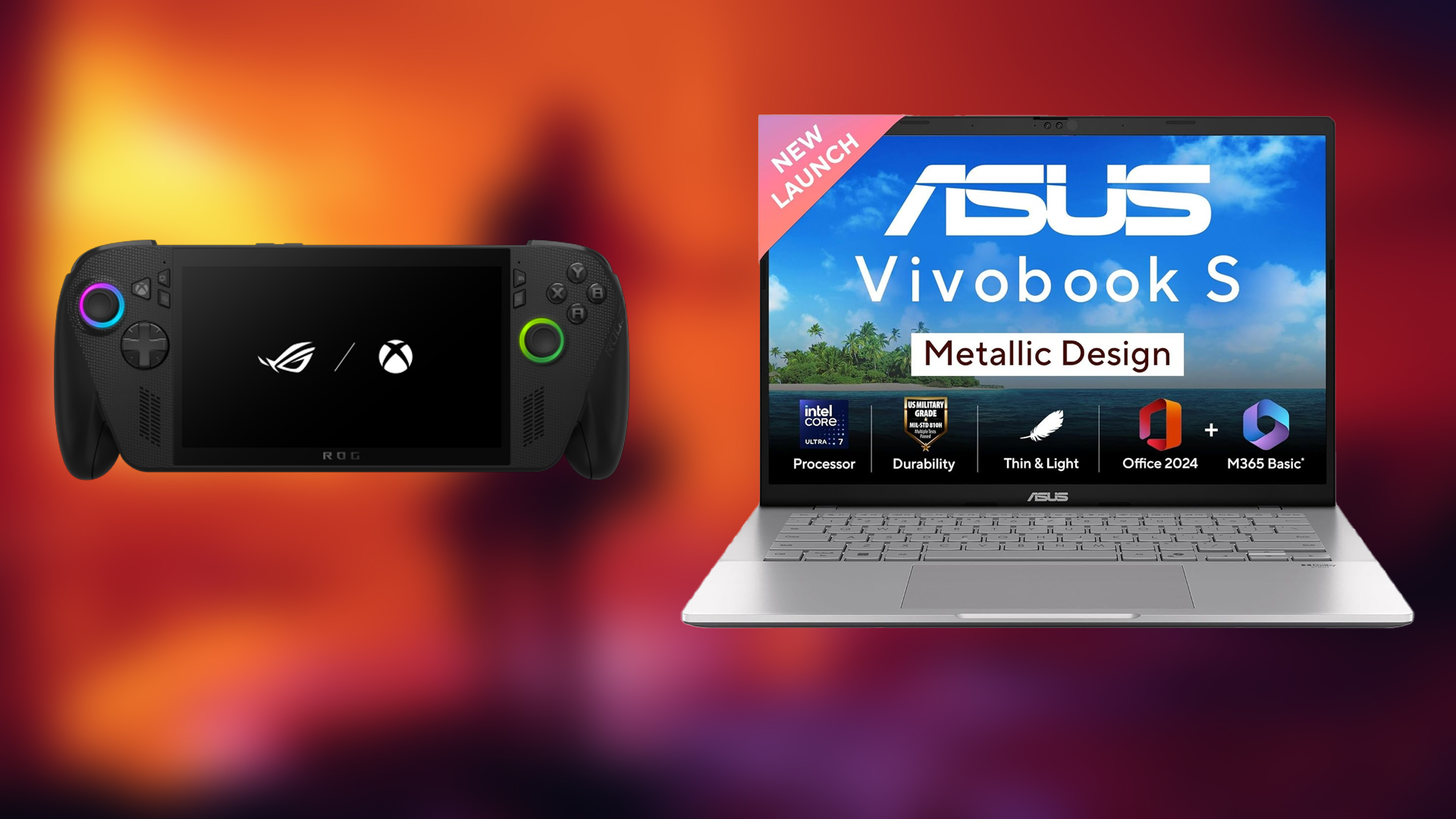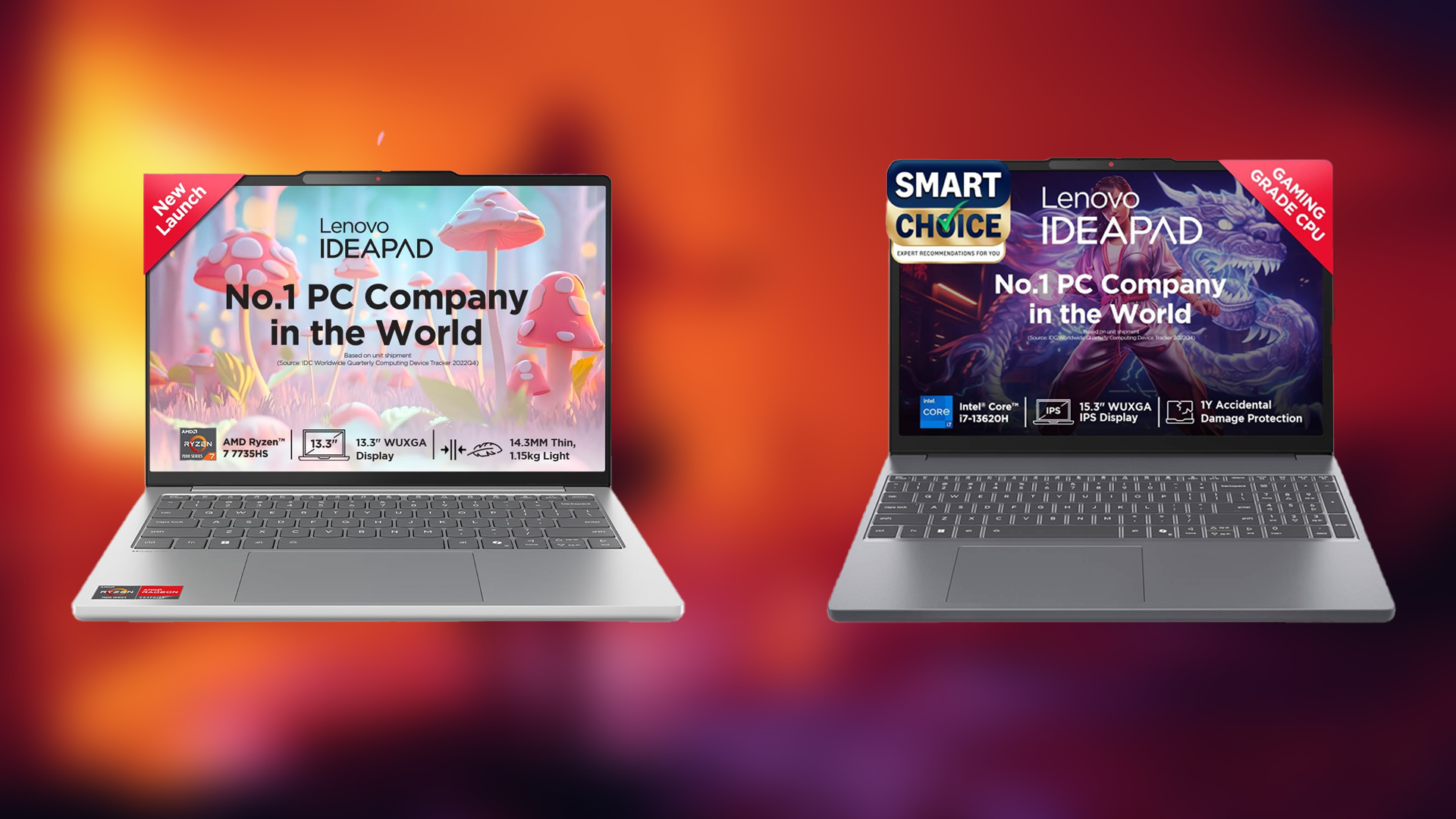These 5 routers offer fast and stable internet for home use cases, decent routing, and customization options — all under $80.
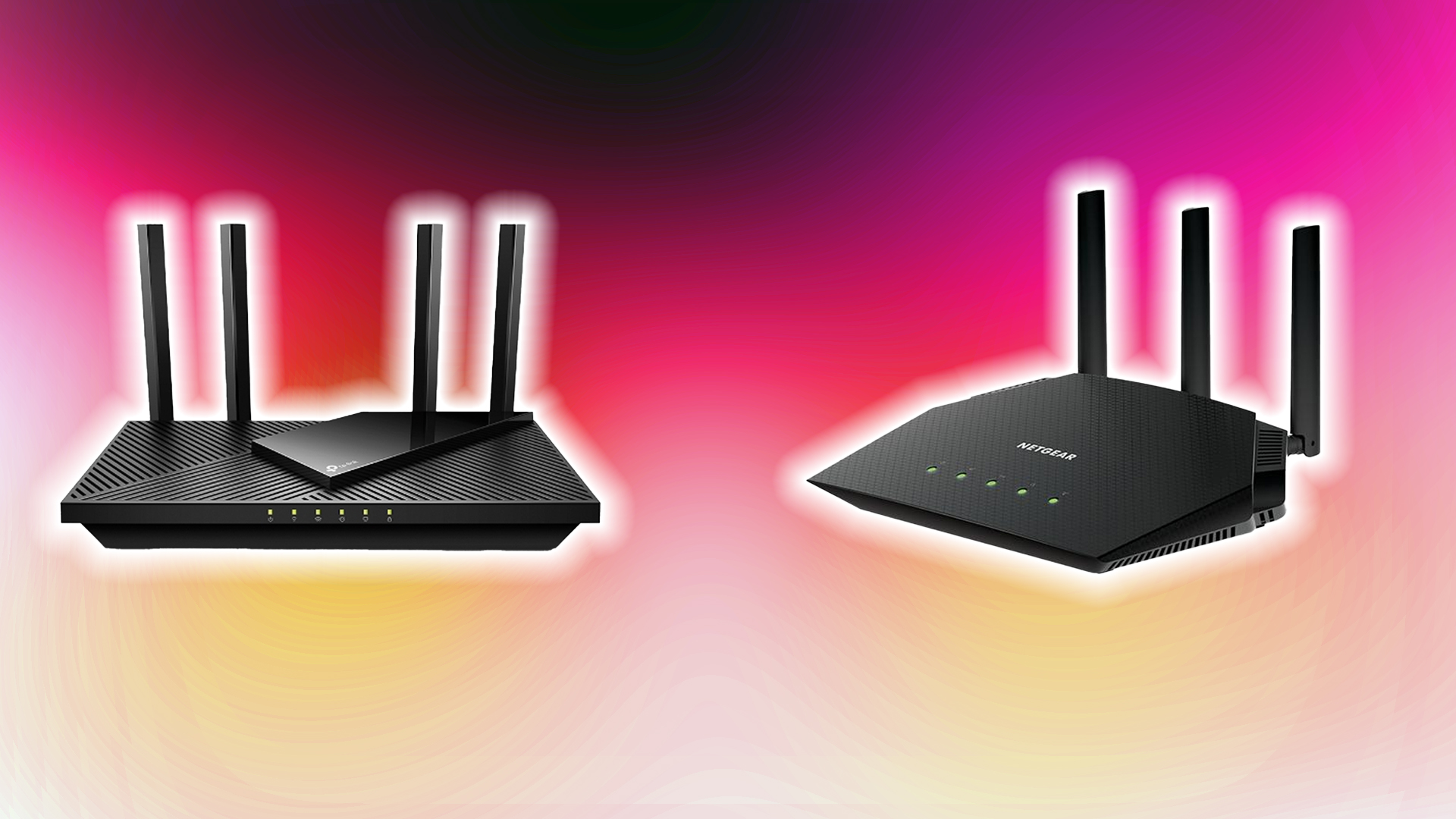
When it comes to Wi-Fi routers, people always opt for raw bandwidth and the latest technology. You don’t need all of that unless your use case is niche. And capable, powerful hardware that can truly sustain those marketing speeds does not come under $80. What comes as a surprise is that you can create a home lab with just a few of the items mentioned in this list.
Note: All the Wi-Fi routers mentioned here support the WPA3 security protocol. Pricing is accurate as of June 24, 2025, per Amazon, and is subject to change based on your location, stock availability, and other factors.
5 Best Routers for Fast Home Internet (Under $80)
1. TP-Link Archer AX21 (AX1800 Wi-Fi 6) – $54
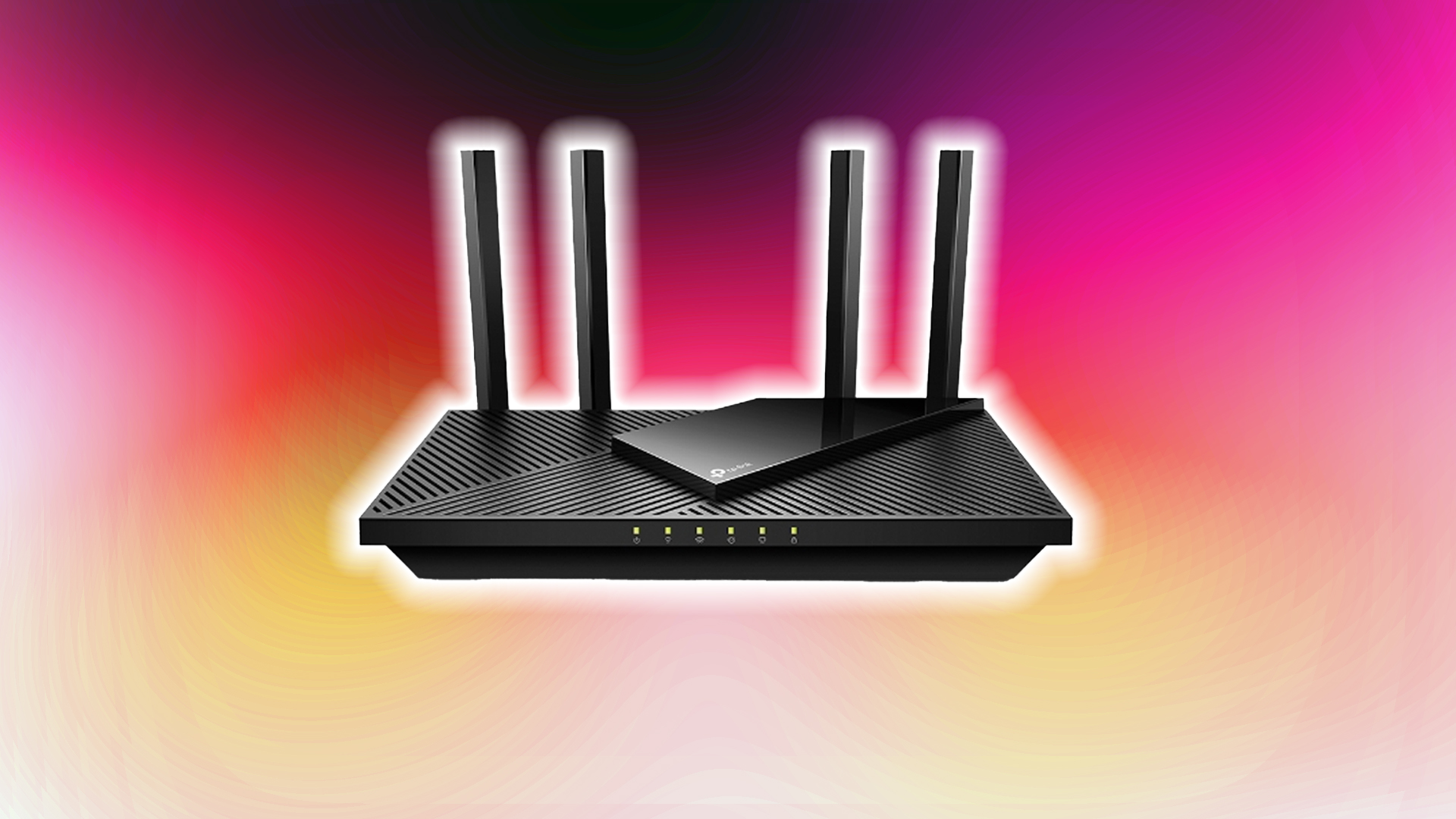
The AX21 is a basic, entry-level Wi-Fi 6 router with the minimum speed to meet the Wi-Fi 6 standard. That said, the router has a gigabit standard, so it won’t throttle your less-than-gigabit-speed internet connection. You can connect and use up to 5–6 devices simultaneously with this router. Ensure you position it correctly and consider providing some cooling as well.
Specs:
- Wi-Fi Speeds: 2.4 GHz 574 Mbps; 5 GHz 1201 Mbps
- Ports: 1 × Gigabit WAN, 4 × Gigabit LAN
- CPU: Dual-Core
- OFDMA: Yes
2. Netgear R6700AX (AX1800 Wi-Fi 6) – $47
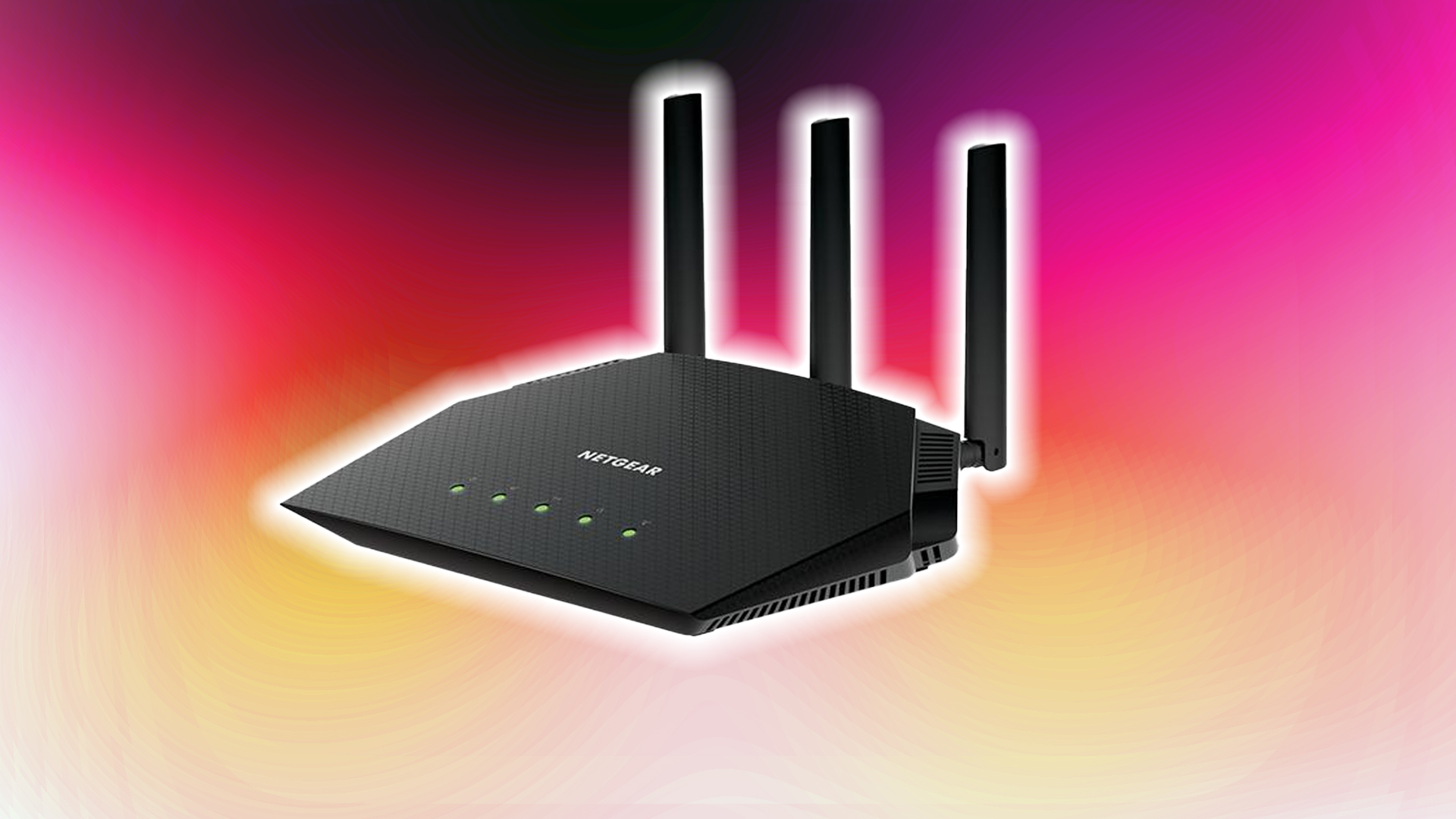
The R6700AX is an entry-level offering from networking giant Netgear. One unique aspect of Netgear’s routers is their operating system: very intuitive, beginner-friendly, and offering rock-solid stability. For the specifications, please find them below. Sadly, you cannot use this router as a mesh node; for that, you need much more expensive Netgear products.
Specs:
- Wi-Fi Speeds: Dual-band up to 1.8 Gbps† (802.11ax) – 2.4 GHz and 5 GHz combined.
- Processor: Dual-core 880 MHz; 512 MB RAM, 256 MB flash.
- Ports: 1 × Gigabit WAN, 4 × Gigabit LAN
- OFDMA: Yes
3. D-Link AX3200 R32 (AX3200 Wi-Fi 6) – $69.98
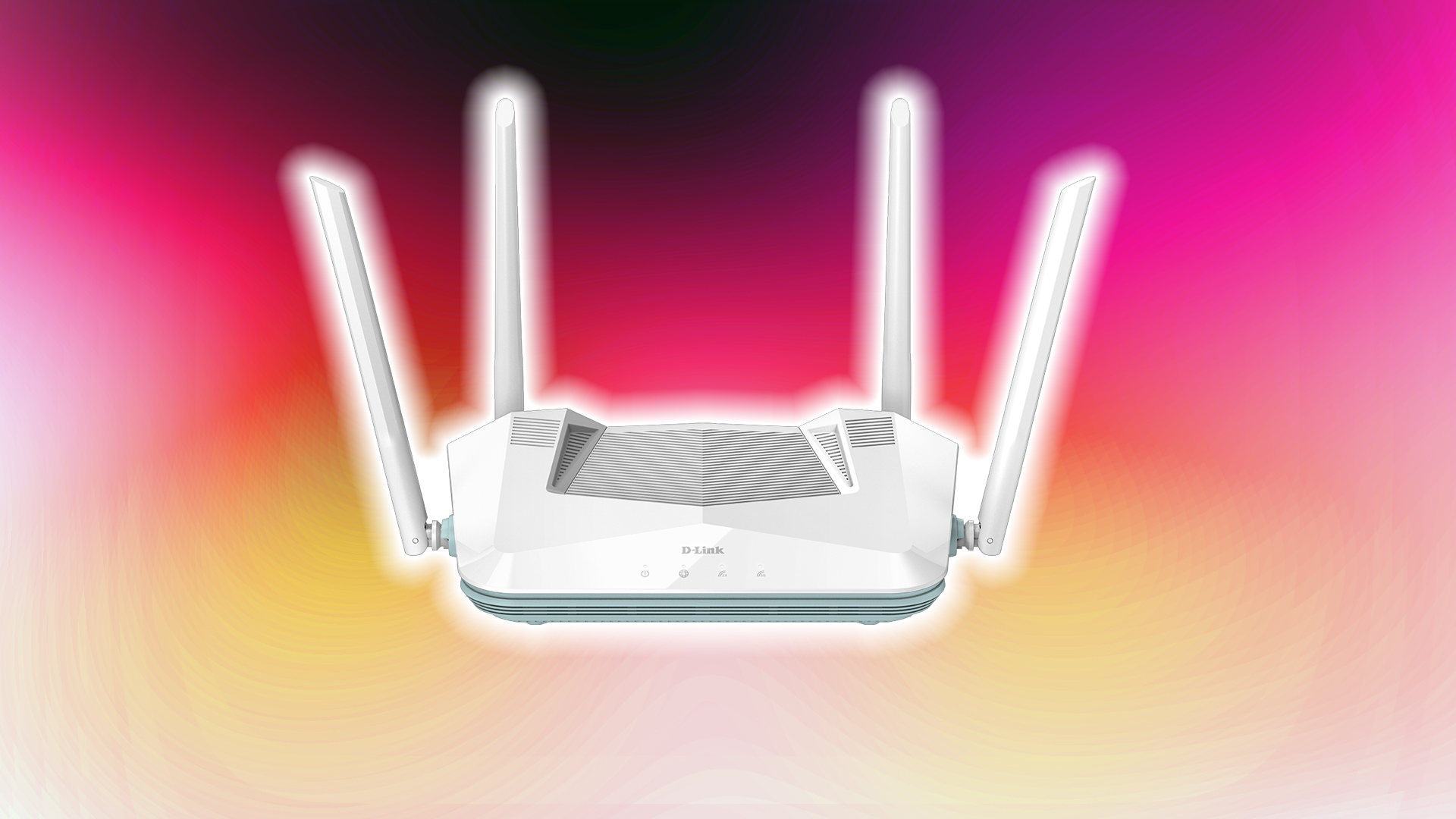
The R32 from D-Link is slightly more powerful than the options mentioned here, offering a higher wireless throughput of around 3.2 Gbps. That said, you can use this as a mesh node within D-Link’s ecosystem. The router also supports Alexa and Google Voice commands.
Specs:
- Wi-Fi Speeds: 2.4 GHz 800 Mbps; 5 GHz 2402 Mbps; combined 3.2 Gbps.
- Ports: 1 × Gigabit WAN; 4 × Gigabit LAN.
- Antenna: 4 × external dual-band
- OFDMA: Yes
4. MikroTik hEX S (RB760iGS) – $62.50
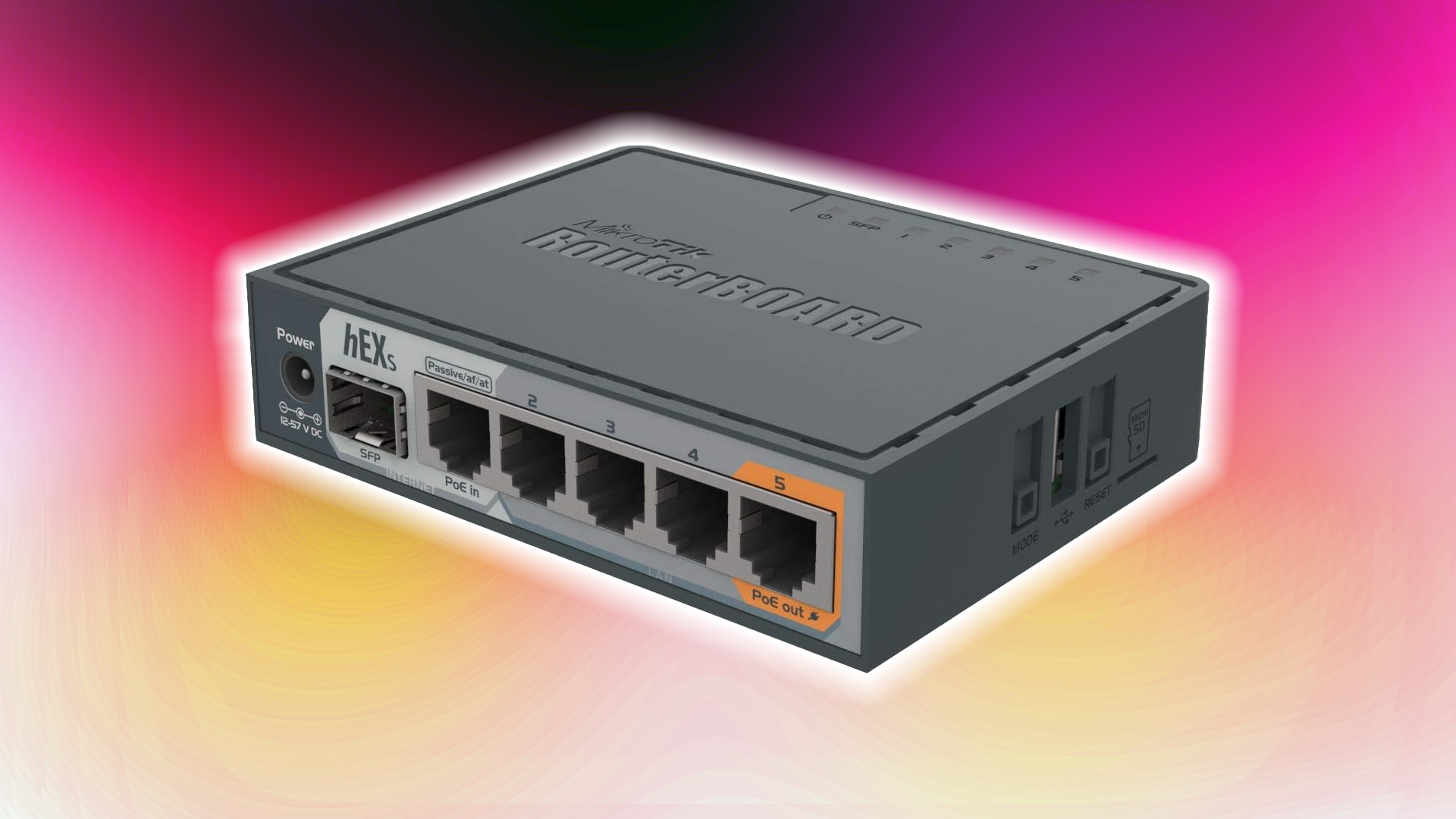
A router list without MikroTik is incomplete. This is the type of hardware that packs incredible firepower at that price. Yes, you need a Wi-Fi extender with it, but consider a home lab with fully customized routing flexibility — a cloud router for domestic use. Setting this up is quite complex, but in the end, it’s gratifying, as it breaks the locked-down limitations of the domestic routers mentioned here.
Specs:
- Ports: 5 × Gigabit ports; 1 × SFP.
- CPU: MT7621A dual-core 880 MHz; 256 MB RAM; 16 MB flash.
- Power: PoE-in (802.3af/at); PoE-out on port 5; max 24 W
- OFDMA: N/A
5. MikroTik hAP ac2 – $75.50
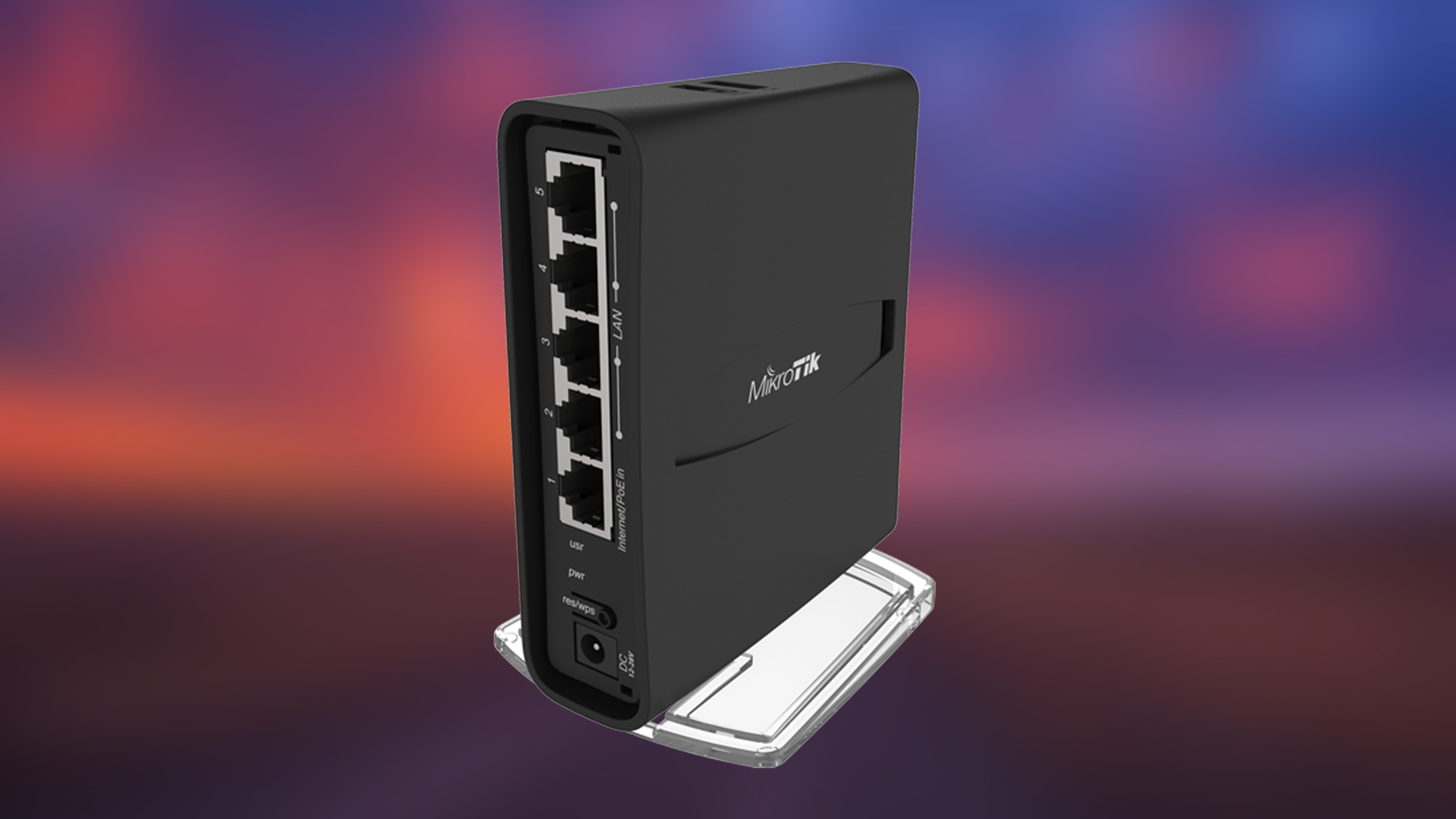
Extending the hEX S’s capabilities, the hAP ac2 is another home-lab-powered router, but with Wi-Fi 5 on offer. It does everything the hEX S does but lacks an SFP port and power-over-Ethernet capabilities. That said, due to the Wi-Fi 5 nature, this router doesn’t support OFDMA.
Note: In MikroTik routers, there’s no WAN port specified, as it’s up to you to assign one.
Specs:
- Wi-Fi: Dual-band AC1200: 2.4 GHz 300 Mbps; 5 GHz 867 Mbps.
- Ports: 5 × Gigabit Ethernet.
- CPU: ARM IPQ-4018 quad-core 488–896 MHz; 128 MB RAM; 16 MB flash.
- Power: 12–30 V DC; maximum consumption 21 W.
- OFDMA: N/A
Verdict
All the routers mentioned here are extremely capable. Some, such as the MikroTik ones, are complex to use. However, if you look up videos for configuring them, the results are pretty rewarding. That said, the rest of the options are very beginner-friendly, and the software within them is designed in a way that guides you through setting it up.
We provide the latest news and “How To’s” for Tech content. Meanwhile, you can check out the following articles related to PC GPUs, CPU and GPU comparisons, mobile phones, and more:
- 5 Best Air Coolers for CPUs in 2025
- ASUS TUF Gaming F16 Release Date, Specifications, Price, and More
- iPhone 16e vs iPhone SE (3rd Gen): Which One To Buy in 2025?
- Powerbeats Pro 2 vs AirPods Pro 2: Which One To Get in 2025
- RTX 5070 Ti vs. RTX 4070 Super: Specs, Price and More Compared
- Windows 11: How To Disable Lock Screen Widgets
 Reddit
Reddit
 Email
Email

